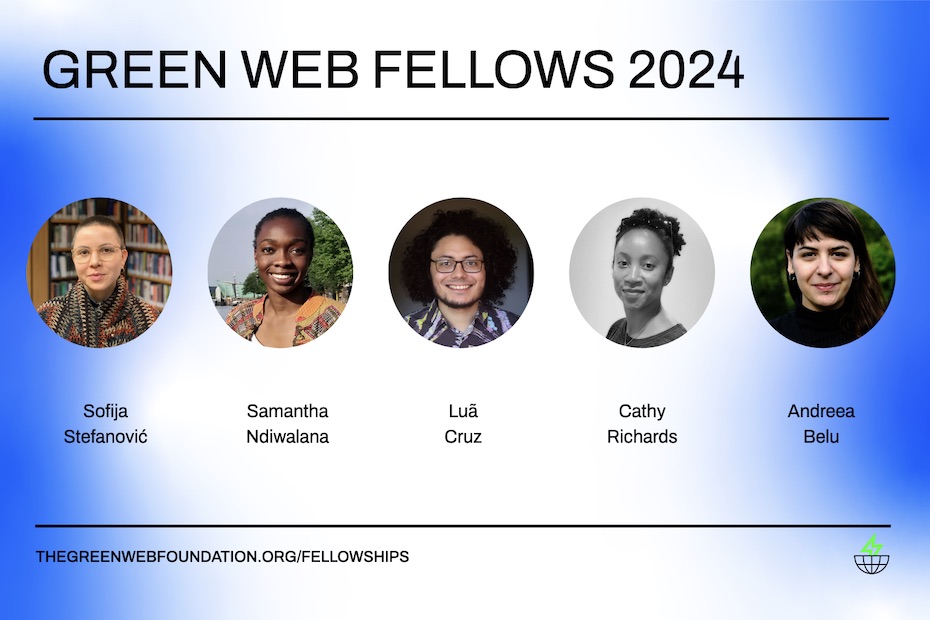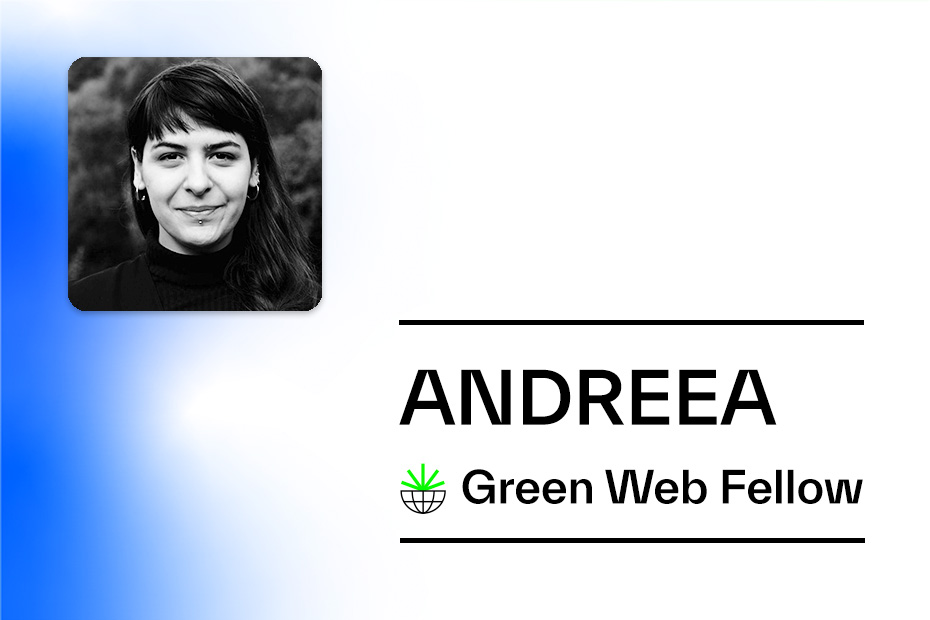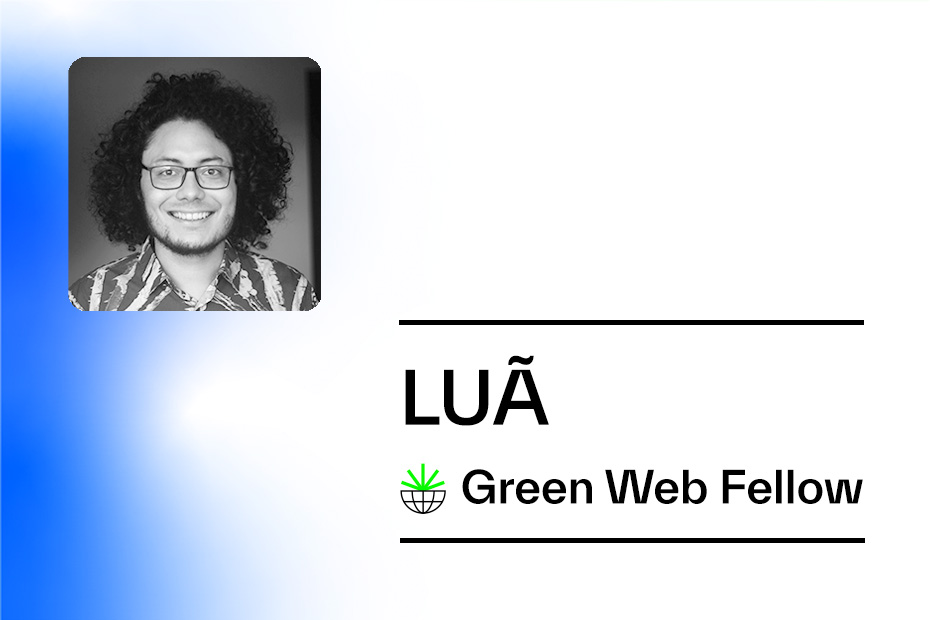Last week, during the regular weekly “holding space” session in the Green Web Fellowship, we took a few minutes out to share our answers the following questions, as a way to get an idea of where our respective research areas were taking us.
Prompts to respond to for our research
Just like last week, these were the prompts:
- One link you read this week
- One thing you found interesting about it
- Where to look to learn more
Of we go…
Hannah
One link you read this week:
https://drawdown.org/drawdown-lift
One thing you found interesting about it:
I love the narrative that healing climate change has lots of co-benefits, especially to humans. This particular resource shows climate change solutions that also improve health and human well-being, especially in communities where extreme poverty exists. One thing I’m learning about climate justice is that the issues are complex and interconnected. So it stands to reason that solutions should also be interconnected and multi-faceted too.
Where to look to learn more:
https://www.drawdown.org/publications/drawdown-lift-policy-brief-girls-education-and-family-planning
Slammer
One link you read this week
Hannah mentioned this piece last week about the demolition of the Agbogbloshie scrap yard and it made an impact on me as well. I read it in tandem with two pieces on labor and climate impact:
A post written by Tim Bray, former AWS VP, on his resignation from Amazon because of the firing of whistleblowers.
An opinion piece by Mary Annaïse Heglar on the dependence of prison labor and prisons and it’s connection to fossil fuel production.
One thing you found interesting about it
Growing up, I associated the goals of the environmental movement as humans pushing themselves to be good stewards of the Earth. There was a lack of humanity in those goals. These articles illustrate the intersection of labor exploitation, climate crisis, and superficial implementations to address those issues in our current iteration of capitalism.
Where to look to learn more
Other than those links, I would go deeper into Muntaka Chasant’s website and spend time reading the profiles of folks who depend on Agbogbloshie scrapyard: https://www.muntaka.com/people/
Emilio
(Emilio was proof-reading a top secret report we’re working on. It’s our first proper report, and we’ll be releasing in the common weeks. He is sworn to secrecy until it is officially out the door.)
Melissa
One link you read this week:
http://4rsyouth.ca/land-back-what-do-we-mean/
One thing you found interesting about it:
The first quote reframes our reactions to terms like “decolonization, white supremacy, patriarchy” as a productive response — it means you know that you need to change.
Chris
One link you read this week
This incredible paper about the cost of renewables vs fossil fuels over the last 140 years – Empirically grounded technology forecasts and the energy transition
One thing you found interesting about it
One of the enduring misconceptions about switching away from fossil fuels is that doing so is somehow more expensive than the default of runaway climate change, millions of early deaths from breathing bad air, and breathtaking amounts graft associated with the current fossil based energy system.
This paper presents a model for how costs change as deployment increases with a technology, that we might recognise as very similar to Moore’s law. It’s called Wright’s law, that’s been observable from the 1930’s when it was first seen in how the costs of building aircraft fell as we learned of build them at scale. It turns out some technologies exhibit this behaviour of falling costs with scale, and some don’t. What’s more, once they start, rate of change stays around the same as scale increases, even over decades.
Pretty much all of the fossil fuels technologies we are familiar with are examples where the cost doesn’t drop much – over the last 140 years the cost of energy has stayed about the same after inflation. Renewables however do show this behaviour – and we’ve seen costs fall a thousand times since the 1950s for solar. Both solar and batteries are ten times as cheap as they were 10 years ago. Projecting this model forward to 2030, even the most expensive solar and wind in the world would be the price of cheapest solar today, and the same applies for wind, batteries and hydrogen electrolyzers.
Why is this important? It provides an empirical evidence base for the idea that quickly transitioning away from fossil fuels, not only saves millions of lives, averts the worst of climate change, but it also saves trillions of dollars compared to the scenario where we stick with fossil fuels.
Where to look to learn more
The Oxford Institute for New Economic thinking page for the paper, and this in depth interview from on the energy transition show podcast with seasoned energy journalist Chris Nelder.
Michelle
One link you read this week:
‘Scope 3 emissions’: what they are and why companies must start reporting them (Fast Company)
One thing you found interesting about it:
“Eighty-five to 90% of most companies’ emissions fall into Scope 3.” – I knew emissions from Scope 3 were big, but I didn’t know they were that big. And also that this is a problem not just for digital products and services.
This article also does a good job of introducing the different emissions scopes in an accessible language with also a clear opinion on what needs to be done to improve the situation.
Where to look to learn more:
The Promise of AI: Can It Hold for Environmental Sustainability? by Cathleen Berger in Branch Magazine explores the implications of Scope 3 emissions for digital products and makes this policy recommendation: “To start, we need better standards for GHG accounting and mandatory, transparent reporting against all scopes and categories of the GHG protocol.”
That’s it for now! See you in a week!
As ever, if you’re interested in following along with the fellowship, and you can subscribe to our web feed with a feed reader, you can join our newsletter, or if you prefer, follow us on twitter at @greenwebfound.



